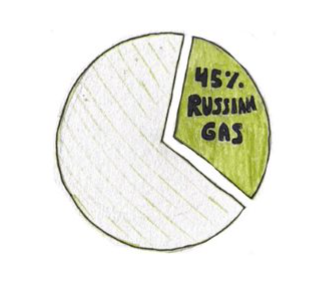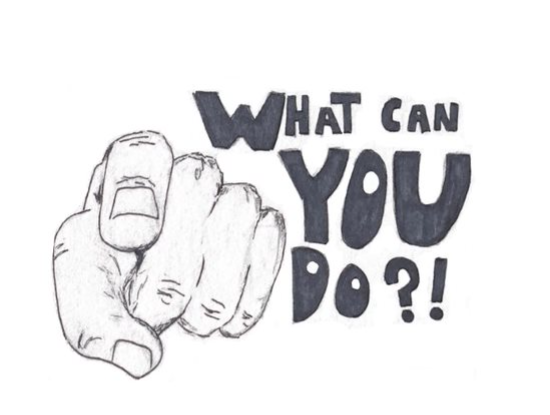By Cliona Hickey
Edited by Ioana Haratau
Many factors have contributed to the looming energy crisis; low yields in wind energy production, the long cold winter in 2021 that made people keep their heating on for longer, and the lack of investment in fossil fuels in recent years. The most important reason is of course the war in Ukraine.
In response to sanctions imposed on Russia by the EU to force Russia to end the war, Russia has cut off almost all natural gas supplies to the EU. The two main European pipelines that end in northeastern Germany, Nordstream 1 and Nordstream 2, have both been bombed, but the EU has stopped short of naming Russia as the culprit. This is a hard hit as Russian gas accounts for 45% of the EU’s gas imports. This is used for heating houses, electricity production and in factories. Also, from December the EU will ban crude oil imports from Russia. Imports have already reduced by 35% with the US and Norway replacing about 80% of the 2.6 million barrels a day. The issue is, of course, that there is still a deficit because they’re still losing 20%, so the prices have increased. Oil price increases cause the price of everything to increase because of the increased energy costs in transport and manufacturing.

What is the EU going to do about it?
The EU has started to buy more licquified natural gas (LNG) from China as they have a surplus because of their still ongoing Covid lockdowns; if the lockdown ends Europe could be in big trouble. The other problem with this is that there is a high chance that some of the Chinese gas is coming from Russia, which is defeating the purpose of the sanctions. Interestingly, the EU hasn’t placed sanctions on Russian gas, only on Russian oil.
What is Luxembourg going to do about it?

Luxembourg, like the rest of the EU has promised to reduce its gas usage by 15% by March 2023. One of the ways it’s planning to go about this, is by reducing street lighting and limiting the temperature allowed in public buildings to 20 degrees C with a few exceptions such as hospitals and senior homes. Luxembourg is also providing aid for paying for diesel fuel gas and electricity for businesses that require a lot of energy such as freight transport, construction, and certain food production. They have also pledged to give 75m euro to individual households to help them deal with the increased cost of electricity and gas. This was a non-targeted initiative, meaning that everyone received it whether they were rich or poor. This could be controversial because it means that people who don’t really need it still receive it. This is often done when giving subsidies in the short term, as the administration involved in figuring out who needs this assistance could be more expensive than giving it to everybody.
What can be done on an individual level?

Every individual person can help by saving gas and electricity, which means that the EU will not run out of its reserves and that the prices won’t increase too much. For example, our school has reduced the temperature in the buildings by two degrees from 21°C to 19°C and the temperature in the swimming pool by one degree from 28°C to 27°C (to the delight of everyone who has swimming in winter). At home steps such as turning down the heating, taking (short) showers instead of baths, remembering to turn off the lights when you leave the room, using eco mode on your dishwasher and washing machine and unplugging your appliances when they’re not in use are all small things that will help save energy in order to economize and help the planet.
